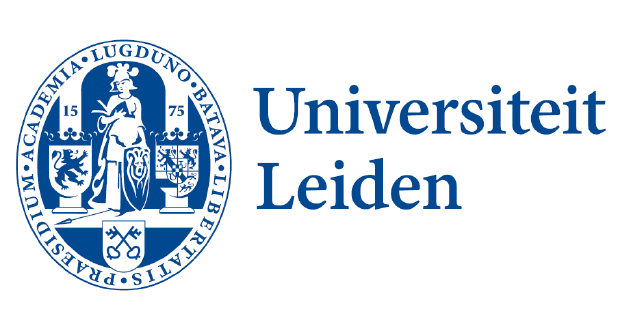
Presenting Author: Professor Bob van de Water
AUTHORS: Bob van de Water, Division of Toxicology, Leiden Academic Centre for Drug Research, Leiden University, The Netherlands
ABSTRACT
Adaptive cellular stress responses are paramount in the healthy control of cell and tissue homeostasis after cell injury during hypoxia, oxidative stress or unanticipated side-effect of medications and other chemical exposures.
To increase our understanding of chemically-induced adaptive stress response pathway activation and its contribution to safety assessment a time-resolved, sensitive and multiplex readout of chemical-induced toxicological relevant cellular stress responses is essential.
For this we develop a unique innovative platform containing a broad panel of distinct adaptive stress response fluorescent protein reporter HepG2 cell lines that can represent both upstream as well as downstream components in the respective toxicity pathways.
These are used for automated high content live cell imaging and quantitative multi-parameter image analysis to elucidate critical adaptive stress response pathway activation that can contribute to human chemical safety assessment.
To conserve the endogenous gene regulatory programs, we tag selected reporter target genes with GFP using BAC-transgenomics approaches. Here we demonstrate the functionality of individual BAC-GFP pathway in toxicity reporter cell lines to their respective specific model compounds in HepG2 2D as well as 3D spheroid culture in 384 well format.
The application of these reporters in chemical safety assessment in relation to drug-induced liver injury will be discussed. We anticipate that ultimately a phenotypic adaptive stress response profiling platform will allow a high throughput and time-resolved classification of chemical-induced stress responses assisting in the safety assessment of chemicals.
This work is part of the MIP-DILI project supported by the Innovative Medicines Initiative (grant agreement n° 115336), and the FP7 SEURAT-1 DETECTIVE project (grant agreement 266838).
SPEAKER'S BIOGRAPHY
Prof Bob van de Water

Professor Van de Water studied bio-pharmaceutical sciences at Leiden University where he graduated in 1990 (specialization: toxicology). He obtained his PhD (cum laude) from at the Leiden/Amsterdam Center for Drug Research (LACDR) from Leiden University in 1995 and performed a postdoctoral training in the USA in the lab of Dr James Stevens. After a postdoctoral position in the USA in the lab of Dr James L Stevens, he rejoined the Division of Toxicology of the LACDR in 1997.
In 1999 he received a fellowship from the Royal Netherlands Academy of Arts and Sciences (KNAW). In 2006, he was appointed as professor of drug safety sciences and head of the division of Toxicology. His research interest is on identifying molecular mechanisms of xenobiotic-induced cytotoxicity using a systems toxicology approach by integrating both gene expression profiling, phospho-proteomics and large scale RNAi-based functional genomics. A central theme is the control of cellular signaling by cell-matrix and cell-cell interactions in the context of molecular mechanisms of cytotoxicity and cancer progression. These studies provide fundamental insight on the consequences of cellular stress conditions on cell adhesion, migration, differentiation and survival in context of both xenobiotic-induced acute tissue injury and repair as well as cancer treatment.
He is heading the high throughput and high resolution imaging facility of the institute and applying this technology to better understand and predict cytotoxicity. In DETECTIVE he is projectleader for the organelle morphometry/function reporter cell lines and automated imaging analysis.
